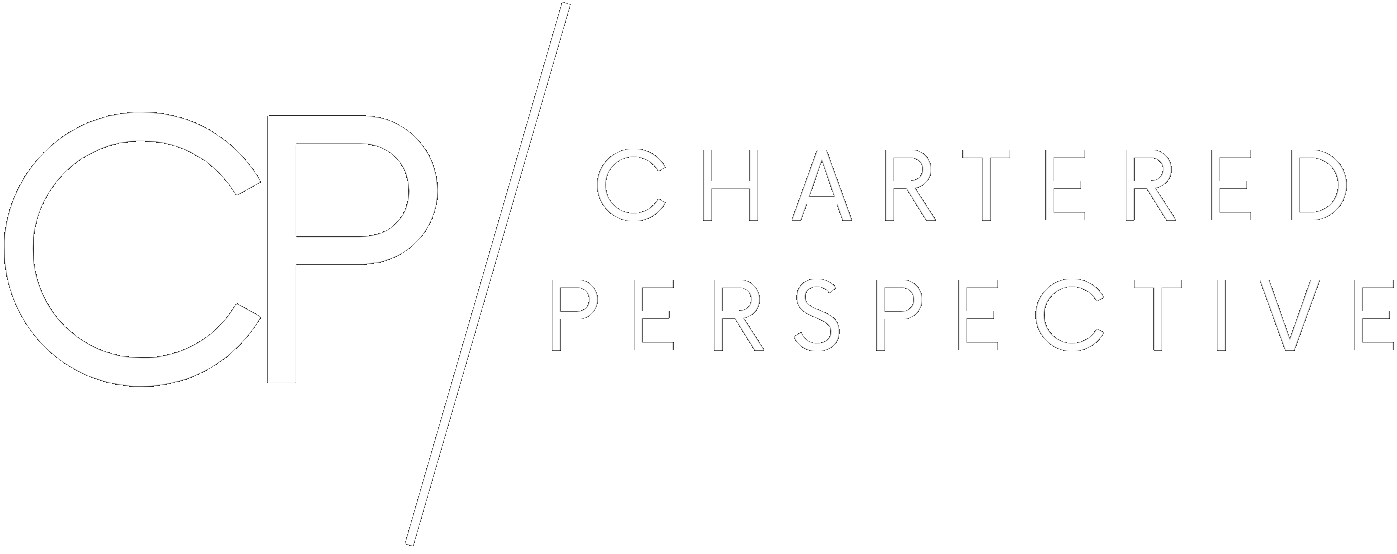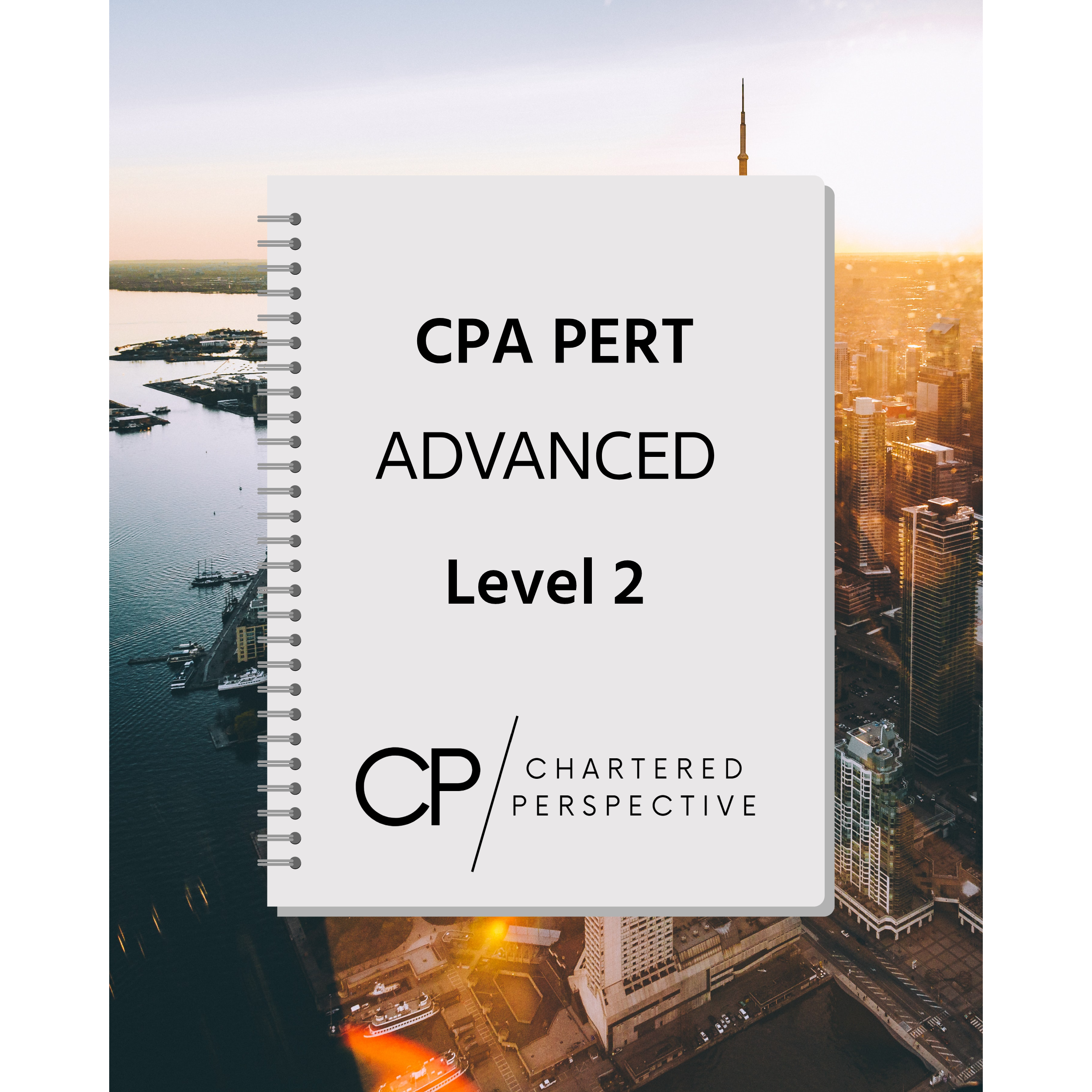Technical Competency Map Template (CPA Canada)
Chartered Perspective is pleased to provide a great tool for planning out your CPA journey.
This Microsoft Excel-based template displays the CPA Technical Competency Map (as provided by CPA Canada here) and allows candidates to input their target proficiency levels (1 and 2) to plan out their journey. The template will automatically check whether the three competency requirements are met (discussed in detail below) and display either a Met or Not Met status based on the inputs. Candidates are encouraged to plan out a path which results in all three of Core, Depth, and Breadth being Met, to avoid any future surprises down the road. Test out combinations and see which works best for you while allowing you to meet the CPA Canada requirements!
This template is available for free download from the store.
Click the link below for access:
What are CPA Canada Competencies?
As part of the CPA journey, candidates are required to develop a certain level of competency in relevant areas. Competencies are assessed on a scale using “levels” which range from nothing or Level 0 (basic) to Level 2 (competent).
There are two types of competencies:
Enabling competencies, and
Technical competencies
Enabling competencies are essentially soft skills related to candidates’ behaviours. The enabling competency areas are the same for every CPA candidate. Technical competencies are related to expertise on certain technical subjects.
Which Competencies Do I Need to Become a CPA?
As mentioned above, enabling competences are the same for every CPA candidate. Technical competencies however differ. For these competencies, candidates may choose to mix and match which areas they wish to develop expertise in.
Note that candidates do not need to develop each competency area. Rather, in order to meet the CPA competency requirements, one needs to obtain all of the following:
Core: Candidates are required to obtain at least Level 1 competency in at least three sub-areas within Financial Reporting or Management Accounting.
Depth: Candidates are required to achieve depth in at least one competency area. This is done by having each sub-area within the competency at Level 1, while having at least two at Level 2.
Breadth: Candidates must achieve at least Level 1 competency in eight sub-areas. Of these eight, at least four must be Level 2.
Candidates are encouraged to use the Competency Map Template available for free in the store to plan out their journey.
What’s Next and Where Can I Learn More?
Once candidates have their competency map route planned out, it may be time to start reporting your experience to your relevant regional CPA body through the CPA PERT. For guidance on writing strong PERT reports as well as further detailed information on the CPA journey, please refer to the Chartered Perspective PERT Basic or PERT Premium guides.




PERT Basic is the perfect guide to help you get started with the CPA Practical Experience Reporting Tool (PERT). This PDF guide includes a brief overview of the CPA Experience Verification Route reporting process as well as example answers with commentary and explanations for both Technical and Enabling competencies at levels 0 and 1.
This guide is well suited for a new CPA Candidate getting started with experience reporting, particularly those reporting under the Experience Verification Route (EVR).